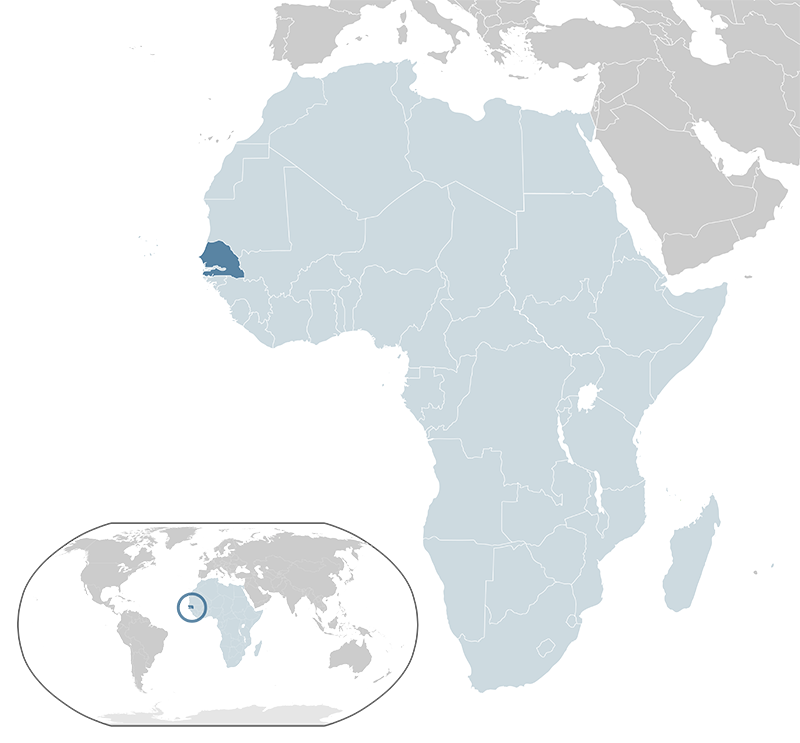
- Population:
- 18,502,000
- Religion:
- Islam
Senegal was historically part of West African empires such as Ghana, Mali, and Jolof before becoming a French colony in the 19th century. It gained independence in 1960 and has remained one of Africa’s most stable democracies. Its economy is driven by agriculture, fishing, and tourism.
Senegal, officially the Republic of Senegal, is a country in West Africa. It is bordered by Mauritania, Mali, Guinea, Guinea-Bissau, and surrounds The Gambia, with a coastline along the Atlantic Ocean. Covering an area of approximately 196,722 square kilometers, it has a population of about 17 million as of 2023. The capital and largest city is Dakar. The official language is French, with various indigenous languages also recognized. Senegal operates as a unitary presidential republic. The economy is diverse, with key sectors including agriculture, mining, fishing, and tourism. Senegal is known for its vibrant music and arts scene, as well as significant historical sites such as Gorée Island, a UNESCO World Heritage Site. The country is a member of international organizations such as the United Nations, the African Union, and the Economic Community of West African States.





